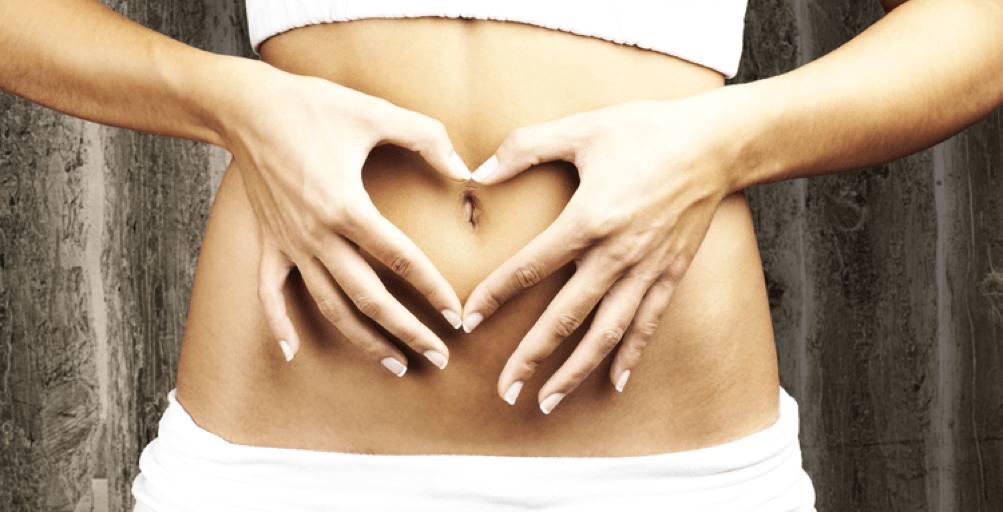
Getting Good Gut Health
Share
There has been a lot of buzz about “gut health,” but don’t write it off as just another healthy lifestyle trend. There really is such a thing as gut health, and easy steps to take to make sure you don’t suffer gastrointestinal pains.
It may be delicate to discuss, but gut bacteria perform many necessary functions in the body. They produce serotonin (the feel good chemical), produce energy from foods, rid your body of toxins, and aid the immune system. But there is also bad bacteria, and when bad bacteria dominates (which can happen after a round of antibiotics kills too much good bacteria), health issues can arise.
Symptoms of Poor Gut Health
If you have poor gut health, you probably know it. Symptoms include regular nausea, heartburn, feelings of being bloated, diarrhea, and/or constipation. Carbs in particular can cause these symptoms. Irritable bowel disease, colitis, and irritable bowel disease can also arise from poor gut health. Other warning signs include:
-
Autoimmune Illnesses: Rheumatoid arthritis, lupus, and diabetes a few of the common autoimmune diseases. Poor gut health can increase the symptoms of these illnesses.
-
Poor Immune System: You know when your immune system is weak because you catch every cold and virus that goes around. Poor gut health weakens your immune system.
-
Skin Conditions: Epidemiological evidence shows a link between poor gut health and skin disorders. Small intestine bacterial overgrowth (SIBO) is more prevalent in people with acne, Psoriasis, and eczema.
-
Weight Issues: Studies have shown that obese people have poor gut health. Improving your bacteria balance can help make losing weight easier.
-
Acid Reflux: Bloating, belching, and acid reflux are frequently caused by a buildup of unhealthy bacteria in the GI tract and stomach.
-
Vitamin and Mineral Deficiencies: Poor stomach health may result in deficiencies of Vitamin D, Vitamin B12 and B7, Vitamin K, and Magnesium.
Getting a Healthier Gut
The good news is that for most people, it is entirely possible to balance your gut health. Here are the steps:
- Reduce the stress in your life. I know, easier said than done, but finding a way to meditate and relieve stress will help bring you back into balance. Try yoga, or meditation, or long walks. Whatever works for you.
- Take toxins out of your diet. Reducing the amount of processed foods and sugar in your diet is the first step to eating healthier. Avoid sugary drinks and try to eat organic to avoid pesticides and chemicals additives.
- Eat fermented foods. Foods like sauerkraut, kimchi, kefir and non pasteurized yogurt to encourage good gut bacteria.
- Get the vitamins you need. If your diet isn’t getting you the vitamins you need, particularly Vitamin D and B12, take a supplement that works for you.
If you’re suffering from the symptoms of poor gut health don’t despair - it is treatable and something you can manage. If you want to learn other tips for healthy living, stay tuned to our blog.



